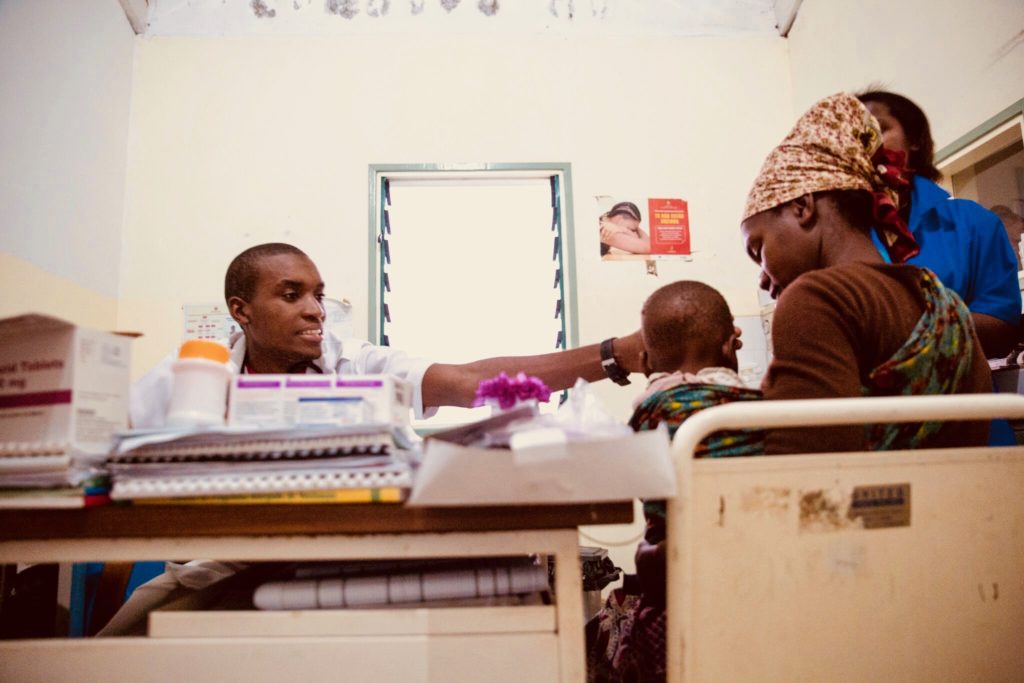- About
- Topics
- Picks
- Audio
- Story
- In-Depth
- Opinion
- News
- Donate
-
Signup for our newsletterOur Editors' Best Picks.Send
Read, Debate: Engage.
| November 10, 2021 | |
|---|---|
| topic: | Women's rights |
| tags: | #Cabo Delgado, #sexual abuse, #Africa, #humanitarian aid |
| located: | Mozambique |
| by: | Cyril Zenda |
Human rights groups working in Mozambique are concerned about allegations of extortion, including those of sexual nature, that internally displaced people (IDPs) are being subjected to by those who control the distribution of the desperately-needed humanitarian aid as the country reels from an Islamic State-linked insurgency.
A report released by Human Rights Watch (HRW) in early September has revealed fresh allegations of sexual exploitation and abuse of women in exchange for humanitarian aid in Mozambique, this time among people displaced by armed Islamist groups in the northern Cabo Delgado province.
“Last month, while interviewing internally displaced people (IDPs), I spoke with a 23-year-old woman called Abiba, who described sexual harassment by a relief worker,” HRW senior researcher, Zenaida Machado, said in the report.
“She told me that after she arrived by boat at Paquitequete beach in Pemba, the provincial capital, a relief worker assisting the IDPs offered her a safe place to stay in an accommodation centre if she would have sex with him. Abiba refused and for fear of further harassment didn’t approach local authorities for help. Instead, she decided to stay at the house of another IDP’s relative in Pemba - with 38 other people.”
This practice, that Machado said is “common and widespread” and usually happens at the community level, involves demand for sex or money from the IDPs in return for access to food.
This has prompted human rights groups to call the Mozambican government to investigate the allegations.
“The sexual exploitation of women who are already vulnerable and in dire need of assistance for themselves and their families is cruel and should be stopped immediately,” the HRW report pointed out.
“The Mozambican authorities should investigate and appropriately prosecute those using their positions of power to commit these crimes and ensure that women and girls who are fleeing violence get the protection and assistance they need.”
The four-year insurgency in the gas-rich Cabo Delgado province has claimed more than 3,000 lives and sent close to a million people fleeing into neighbouring provinces where they now live in camps and among local populations. It is these desperate IDPs that are allegedly being subjected to extortion by those that control the flow of aid.
In October last year, the Centre for Public Integrity, a Mozambican public watchdog, made similar claims. Local officials compile lists of people displaced by the conflict within their areas. These lists are used to identify beneficiaries of food aid and other humanitarian aid.
“In exchange for including the displaced on the lists of beneficiaries, the local leaderships demand sexual favours from vulnerable women and girls,” the report said.
The allegations were also corroborated by an investigation conducted by the Mozambican chapter of the Centre for Investigative Journalism, which also found that some aid workers demanded money or sex before distributing food parcels to women in various IDP camps across Cabo Delgado province.
In 2019, HRW reported that in the aftermath of Cyclone Idai that killed more than 1,000 people and displaced hundreds of thousands in central Mozambique, survivors were being forced to have sex with community leaders in exchange for food.
HRW director for Southern Africa, Dewa Mavhinga, told FairPlanet in interview that while these reports are disturbing, equally worrisome is the inaction of the government of Mozambique whenever such allegations surface.
“Regrettably, tragically, there are credible reports of cases of humanitarian aid for money or sex happening in Cabo Delgado, as did happen previously during the Cyclone Idai disaster,” Mavhinga said. “Unfortunately, not much is done to punish perpetrators and ensure accountability, which leads to an increase and repetition of such cases. Women are suffering silently with the authorities not taking the necessary measures to protect.”
Mozambican Cabinet spokesperson, Filimao Suaze, who is also the deputy minister of Justice, Constitutional and Religious Affairs, did not respond to questions by FairPlanet on what action, if any, Maputo was taking on these fresh allegations.
When similar allegations were raised in 2019, the United Nations promised to probe the abuses. Two years later, no news has been heard of this investigation.
Image by United Nations.
By copying the embed code below, you agree to adhere to our republishing guidelines.
